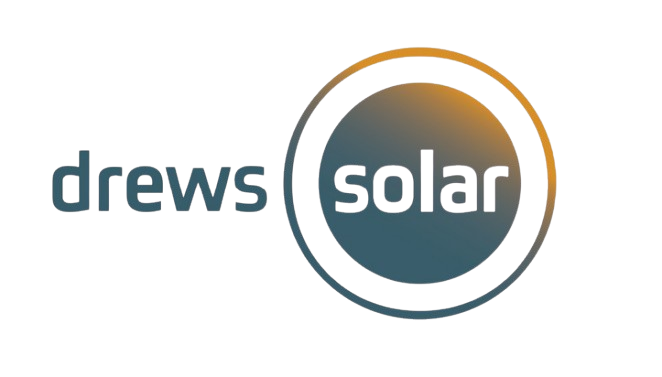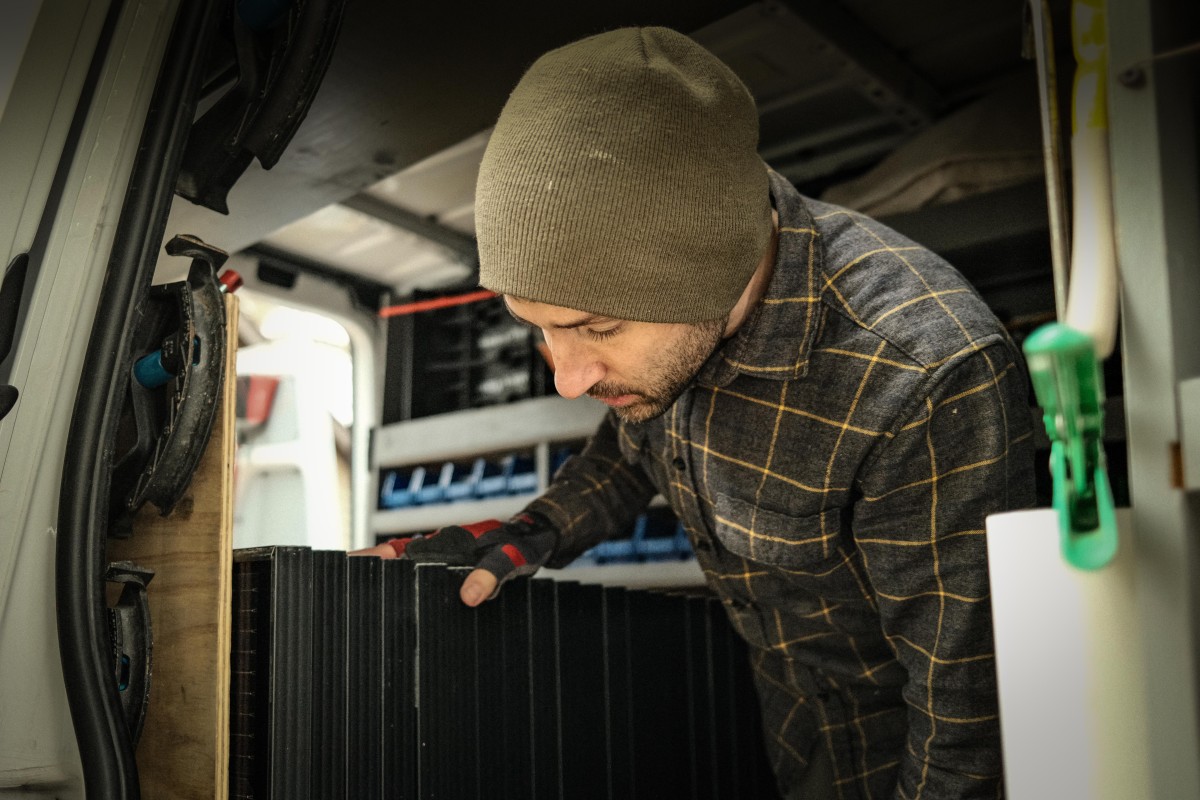Do the solar panels produce electricity?
Yes. They complement the electricity provided by your utility, and do not provide heat, unless your building has electric heat.
Do the solar panels turn off if my power goes out?
Yes. They turn off to protect utility workers who are servicing their utility lines and poles.
Do the solar panels store their energy in batteries?
While batteries can be coupled with solar arrays, at Drews Solar we specialize in grid-tied systems without a battery connection. Batteries can be more common in Northern Wisconsin for seasonal cabins beyond the reach of the utility grid. They can also be used for emergency backup power when the grid goes down, but a small portable generator is almost always a more cost-effective solution. Battery systems are quite expensive, require maintenance, and reduce the efficiency of your solar panel system.
Do the solar panels require maintenance?
No. The solar panel system is designed and built to be maintenance-free.
Do the solar panels simply plug into my electrical panel?
Yes. Just like any other appliance, they are connected to your main panel (or sub panel) via a circuit breaker.
Do the solar panels spin my utility meter backwards?
Yes. When the solar array is producing more electricity than you’re using, the solar panels will push your electric meter backwards and your utility will give you credit for the excess production so you can use it later. If you have produced more electricity than you have used at the end of the month, some utilities will pay you for your overproduction and other utilities will allow you to rollover the credits for use in future months. All of our systems come with free monitoring, so you can set up your computer or cellphone to see how much your array is producing.
Do the solar panels work well in the shade?
The best place for solar arrays are southern-facing roofs with less than 10% shade but we work with homeowners to find the best options for their particular home. For homeowners with larger properties who may be dealing with a lot of shade on their homes, ground mounts may be the best fit for their needs.
Do the solar panels provide all the electricity I need?
Possibly. Most solar panel systems offset between 80% and 110% of the electricity consumption in the home.

